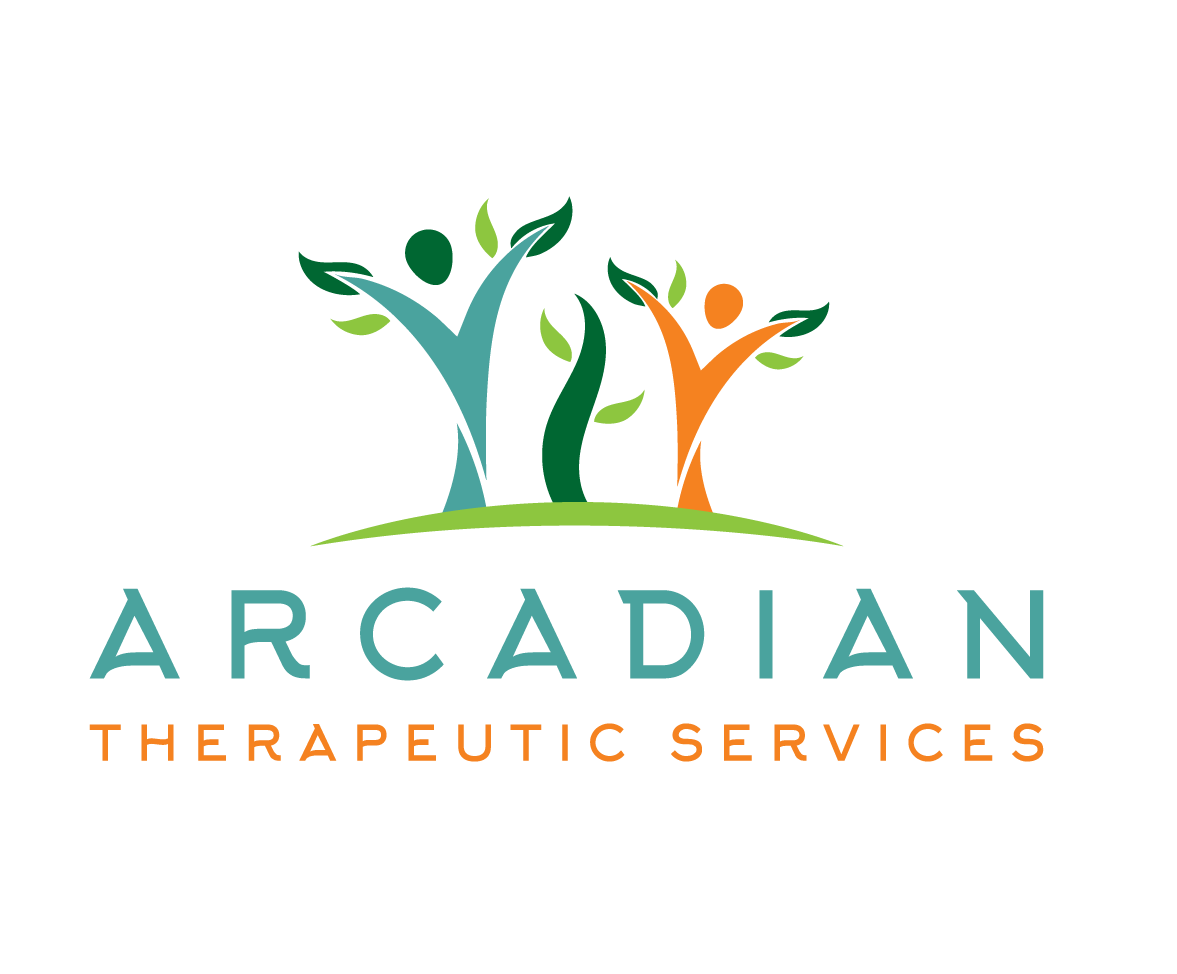Breaking the Cycle of Intergenerational Trauma
Intergenerational trauma is trauma passed down from previous generations that can affect how you relate, react and behave. When you think about your family dynamics and your own experience, what comes up? If you notice recurring patterns of behavior, emotional responses, or relationship challenges that seem inexplicable or deeply ingrained, exploring the concept of intergenerational trauma may provide valuable insights. If this experience does not feel familiar, exploring the concept of intergenerational trauma can help you understand how past generations' experiences continue to influence present-day lives and relationships. By thinking about how historical traumas have been transmitted through family systems, you can better understand yourself, your family, and your broader societal contexts.
One of the best ways to start learning more about intergenerational trauma is to read a book. Reading a book on intergenerational trauma offers an opportunity for personal growth, healing, and breaking free from the chains of inherited pain. Let’s talk more about how cycle breakers can dedicate themselves to breaking the generational patterns of trauma and behavior that impact them and their future family members.
How Intergenerational Trauma Impacts You
Recognizing the impact of intergenerational trauma can be the first step toward healing and breaking the cycle of that trauma. The effects of intergenerational trauma manifest in various ways, often subtly influencing your thoughts, behaviors, and relationships. You might notice patterns of avoidance, difficulty trusting others, or challenges in expressing emotions. These patterns may stem from the coping mechanisms developed by your ancestors to survive their own traumas, which have been passed down through generations.
One helpful book to get your started in understanding intergenerational trauma is “Break the Cycle: A Guide to Healing Intergenerational Trauma,” by Dr. Mariel Buque.
In chapter five of this book, the author guides readers in ‘tree mapping’ of trauma. An intergenerational trauma tree visually represents how trauma travels through the symbolic soil, roots, trunk, branches, and leaves. Visualizing each component creates a picture of the reader’s trauma story in a new way and conceptualizes how you may be affected by past family trauma.
An Exercise to Explore the Impact
Delving deeper into the layers of intergenerational trauma can be both enlightening and challenging. One powerful exercise from the book focuses on reparenting your inner child. This powerful practice allows you to acknowledge and address the wounds of the past by connecting with a childhood photo and offering compassion to your younger self. This self-reflective exercise can help you begin to rewrite the narrative of your trauma in a way that acknowledges your pain and affirms your worthiness of love, safety, and healing.
Find a photo of your younger self when you experienced emotional arrest or trauma.
Remember: “I am safe, I am here in the present, I am an adult, I am capable and ready to give my inner child what they need.”
Write the struggles your inner child experienced.
Look at the picture and recite: “My sweet inner child, I release you from the pain of those who came before you, and I release you from the pain you suffered in this generation.”
Other helpful books to explore concepts of intergenerational trauma include:
“It Didn't Start with You: How Inherited Family Trauma Shapes Who We Are and How to End the Cycle,” by Mark Wolynn
“The Body Keeps the Score: Brain, Mind, and Body in the Healing of Trauma,” by Bessel van der Kolk
Setting the Path for Growth
If you have experienced intergenerational trauma or trauma in any form and are searching for healing, consider partnering with a therapist. Seeking support from a therapist or counselor can provide valuable guidance to help you explore your experiences, process emotions, and develop coping strategies to promote healing and resilience.
Written by Kay Bibbee, Candidate for Masters in Marriage and Family Therapy
